Dogs
The 8 Dog Nutrition Tips You Must Know
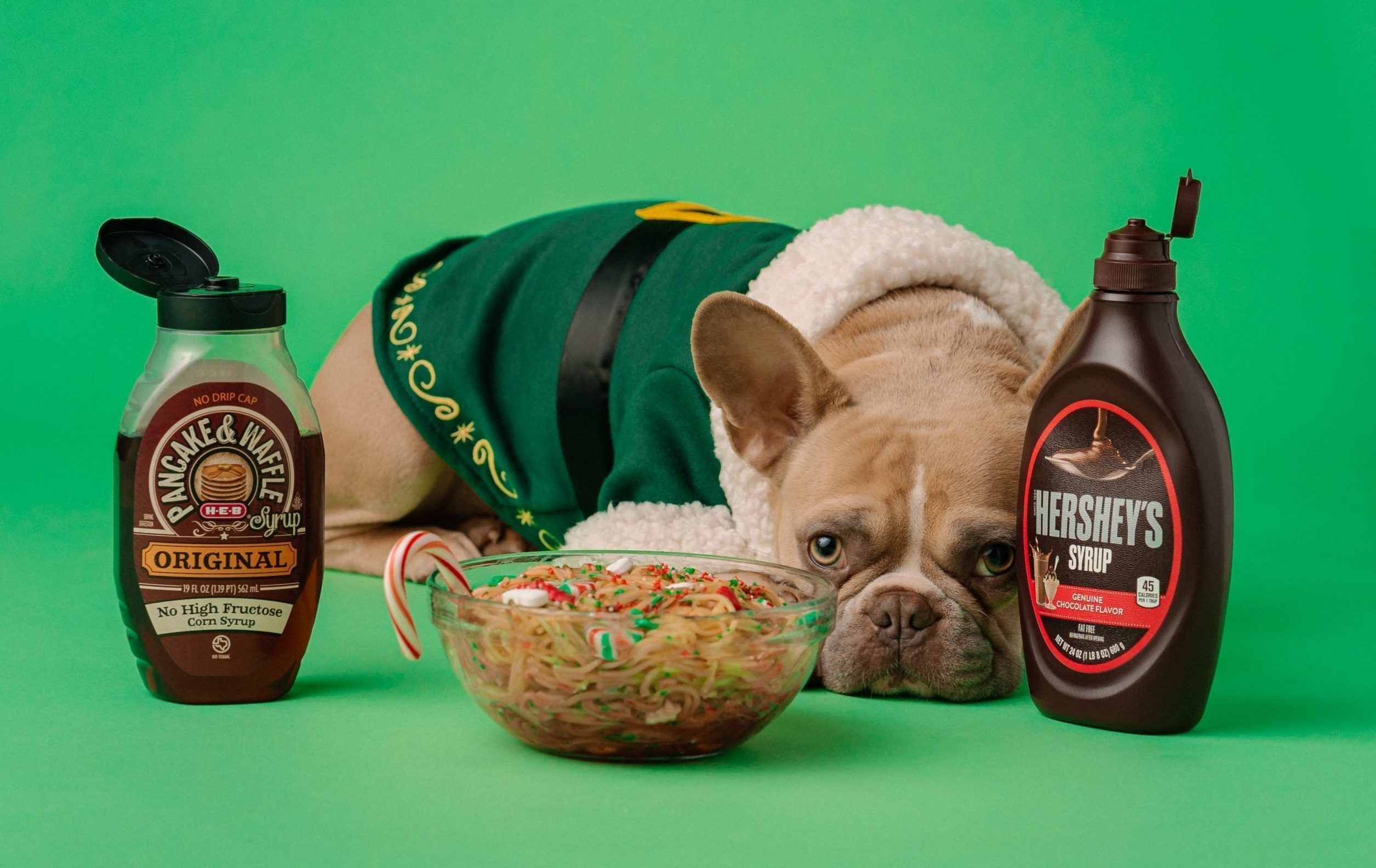
Dog nutrition is extremely important to your pet’s overall health and well-being. There are several myths about dog food that may lead you to believe that one type of dog food is better than another, or some foods will cause your pet to become ill. It’s important to know the facts about what your dog should be eating so you can make the best decision for them. Here are eight tips you must know about dog nutrition to keep your pet happy and healthy for years to come.
A proper diet is important for your dog
A diet rich in vitamins and minerals is key for your dog’s optimal health. An improper diet can lead to several serious health problems, including skin issues, heart disease, joint problems, and blindness. Feeding your dog a proper diet will help keep them happy and healthy!
– Keep your dog’s food fresh: When you are cooking fresh food, store the leftovers in the refrigerator and feed your pup within 24 hours.
– Pick out the freshest ingredients: Be sure that any meat you buy is never more than 24 hours old; avoid buying packaged meats like hot dogs or sausage as these can be high in sodium or sugar.
– Check for preservatives: Avoid foods with artificial preservatives like BHA or BHT which may cause liver and kidney damage.
1)Dogs need raw meat to stay healthy
One of the most common misconceptions people have about dogs is that they don’t need raw meat in their diets. In reality, dogs need to eat raw meat because it provides them with the vitamins and minerals they would otherwise not get from a dry diet. Raw meat also contains enzymes that aid digestion and make it easier for the body to absorb nutrients from other foods. Finally, raw meat provides an excellent source of protein for active dogs!
2) If you’re worried about the cost, know that it’s cheaper than vet bills
Making sure your dog is getting proper nutrition can be expensive, but it’s worth it in the long run. After all, it’s cheaper than taking them to the vet every time they get sick or need to be treated for fleas. Here are eight tips to help you make sure your pup is eating well.
3) Supplements are not necessary
While many pet owners are convinced that they need to supplement their dog’s diet with a variety of vitamins and minerals, in reality, this is not necessary. Supplements are expensive and can lead to an imbalance in the nutrients that dogs should be getting from their food. Instead, it is best to feed your dog a high-quality diet such as one of the foods on our list of Top 10 Best Dog Foods for Active Dogs.
4) Be mindful of toxins in commercial foods
Some of the most dangerous toxins for dogs are found in commercial dog foods. These toxins include chemical preservatives such as BHA, BHT, and Ethoxyquin, which are banned in human food products but not pet foods. Additionally, many commercial dog foods also contain artificial colors or ingredients that can be harmful to your pup’s health.
5) Try to balance out proteins, carbs, and fats in your dog’s diet
It’s important to balance proteins, carbs, and fats in your dog’s diet. Protein should make up about 30% of your dog’s diet. That includes meat, eggs, dairy, and legumes. Carbs should make up about 50% of your dog’s diet, which includes vegetables and grains. Fats should make up the remaining 20%. This can come from animal fat or plant oils like olive oil or canola oil.
6) No matter what food your dog eats, it needs water
Pets need a good diet and plenty of water to stay healthy. While the type of food your dog eats will vary depending on its size, age, and activity level, you must provide it with the appropriate amount of water. Most dogs should drink at least one cup of water per ten pounds of body weight every day.
7) Go slow on introducing new foods into your dog’s diet Section
You will want to go slow when introducing new foods into your dog’s diet. A sudden change in diet can cause an upset stomach and loose stools. This is especially true for dogs that are on a limited-ingredient diet.
8) Giving dogs bones can make them sick
Dogs can’t digest bones as well as humans do, and this can lead to health problems. The bones can get caught in their throat or cause them to choke. It’s also possible for the bone fragments to be left behind in the digestive tract, which could cause complications later on down the line. They may have a stomach ache because of a bone splinter or have an intestinal blockage that needs emergency medical attention.
The American Veterinary Medical Association recommends against giving dogs cooked chicken bones because they’re so hard that they’re more likely to break off into smaller pieces that can’t be seen easily.
Read Also :
Food Poison in Dogs symptoms
2 Comments
Leave a Reply
Cancel reply
Dogs
Everything You Need to Know About Neutering for Pets
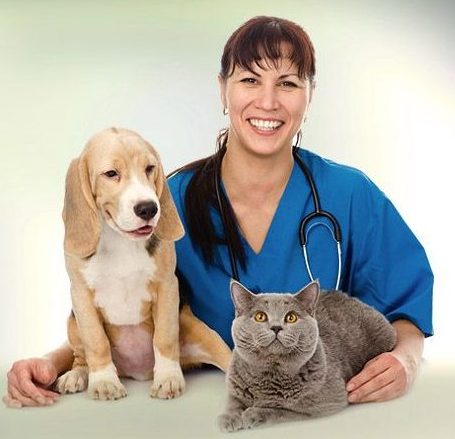
Lo
Neutering for pets is a common procedure that is important for the long-term health and well-being of your furry friend. Neutering involves surgically removing either the testes or the ovaries and uterus of an animal, usually a dog or cat. There are many benefits to neutering your pet, such as reducing their risk of cancer, controlling their behavior, and preventing unwanted litters. It is recommended that pet neutering be done at a young age, but it can be performed at any time. In this blog post, we will provide all the information you need to know about neutering for pets, including when it should be done and the potential risks involved.
Dogs
What to Do With Your Dog’s Body After Death: A Guide for Pet Owners
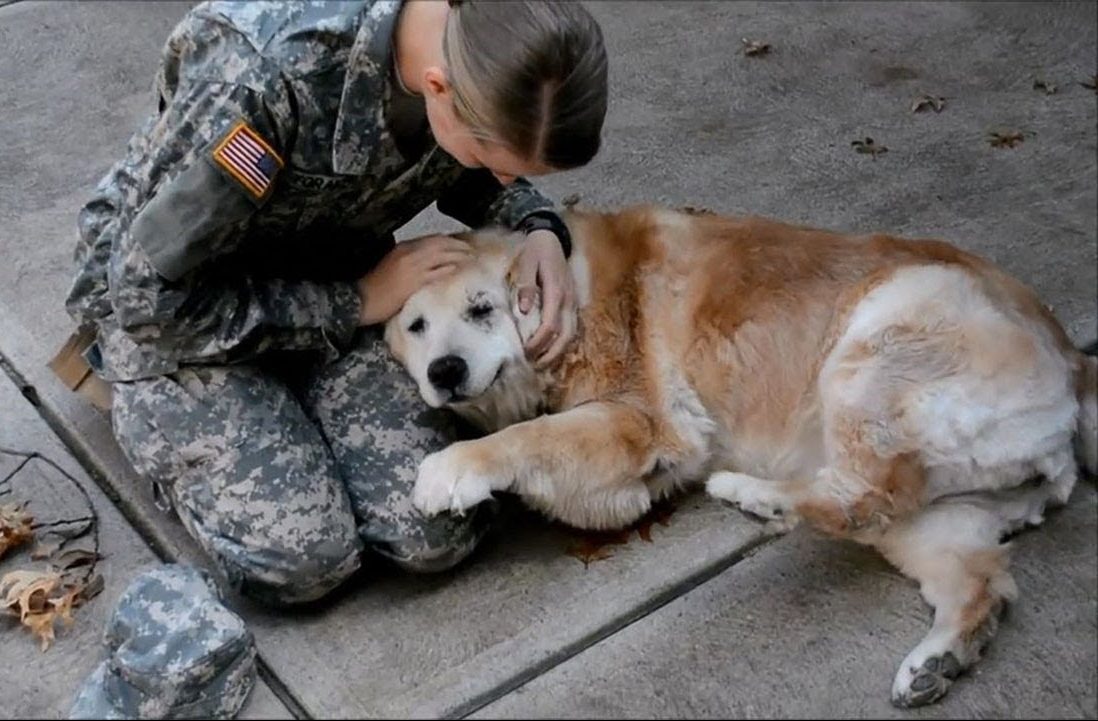
My dog died, and I’m not sure what to do with their body. It’s a heartbreaking moment for any pet owner, and the uncertainty of what to do can make it even more difficult. In this blog post, I’ll provide a comprehensive guide for pet owners on what to do with their dog’s body after death. We’ll cover everything from burial and cremation to taxidermy and memorializing your beloved pet. No matter what you decide to do, I hope this article will help you in this tough time and provide you with the resources you need to properly honor your pet’s life.
Dogs
Keep your distance: signs that you should keep away from your furry friend
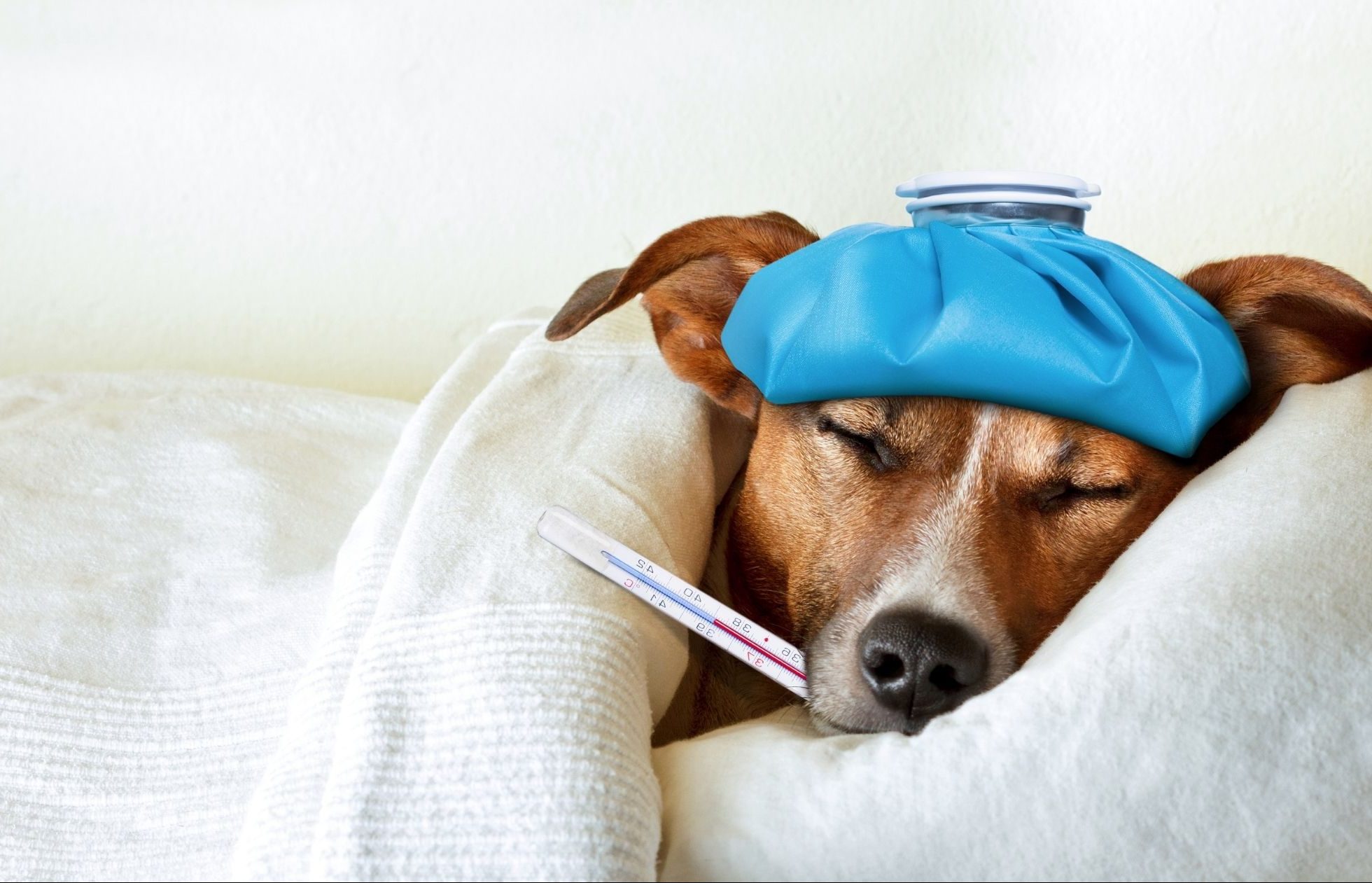
When your pet displays certain symptoms, it is important to stay away to protect yourself and your pet. If you observe any of the following pet symptoms, it’s best to keep your distance until the issue has been addressed: lethargy, vomiting, diarrhea, excessive scratching or licking, shaking or trembling, sudden changes in appetite, coughing, sneezing, or discharge from the eyes or nose. Taking steps to stay away from your pet during these times will help to ensure the safety of both you and your furry friend.
Coughing and sneezing
Coughing and sneezing are common symptoms that our pets may experience from time to time. Just like us, they can catch colds or suffer from allergies, leading to these respiratory issues. While coughing and sneezing can be relatively harmless, it’s still important to take precautions to protect both you and your furry friend.
When your pet starts coughing or sneezing, keeping your distance is best. This is especially true if they have any other symptoms such as discharge from their nose or eyes, difficulty breathing, or lethargy. Coughing and sneezing can be signs of more serious underlying conditions such as respiratory infections or allergies. In some cases, they may even be contagious to humans, so it’s crucial to avoid close contact until you can consult a veterinarian.
Remember to provide a comfortable and clean environment for your pet to help alleviate their symptoms. Keep an eye out for any changes in their condition, and if their coughing or sneezing worsens or persists, make sure to seek professional help. Taking these precautions will help ensure the well-being of your pet and minimize any potential risks to yourself.
Trending

 Cats1 year ago
Cats1 year agoDon’t Feed Your Cat These 8 Foods!

 Cats11 months ago
Cats11 months agoWhy Do Cats Spray and How Can You Stop Them? Insights into Urine Spraying in Male Cats

 Cats10 months ago
Cats10 months agoThe Ins and Outs of Cat Sterilization: Removing the Female’s Ovaries

 Cats10 months ago
Cats10 months agoPre-Vaccination Prep: Getting Your Cat Ready

 Cats9 months ago
Cats9 months agoWhy Kittens are Born Dead or Deformed

 Dogs2 years ago
Dogs2 years agoSo You’re Thinking About Getting a Poodle

 Dogs10 months ago
Dogs10 months agoWhat to Do With Your Dog’s Body After Death: A Guide for Pet Owners

 Cats9 months ago
Cats9 months agoSigns of Cat Pregnancy Week by Week








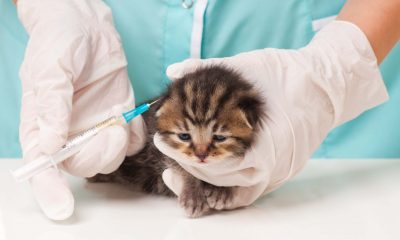





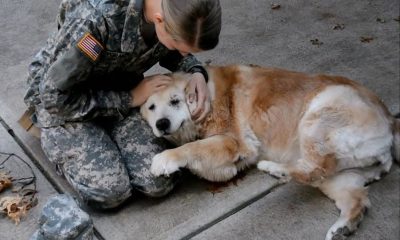

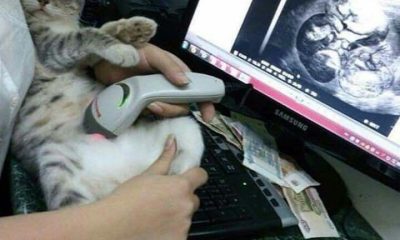

Pingback: Food Poison in Dogs symptoms - Gentel Life Plus
Pingback: Everything You Need to Know About Boxer Dogs
Pingback: Do You Know Why Dogs Scoot and How You Can Help?
Pingback: Food Poison in Dogs symptoms - Gentel Life Plus